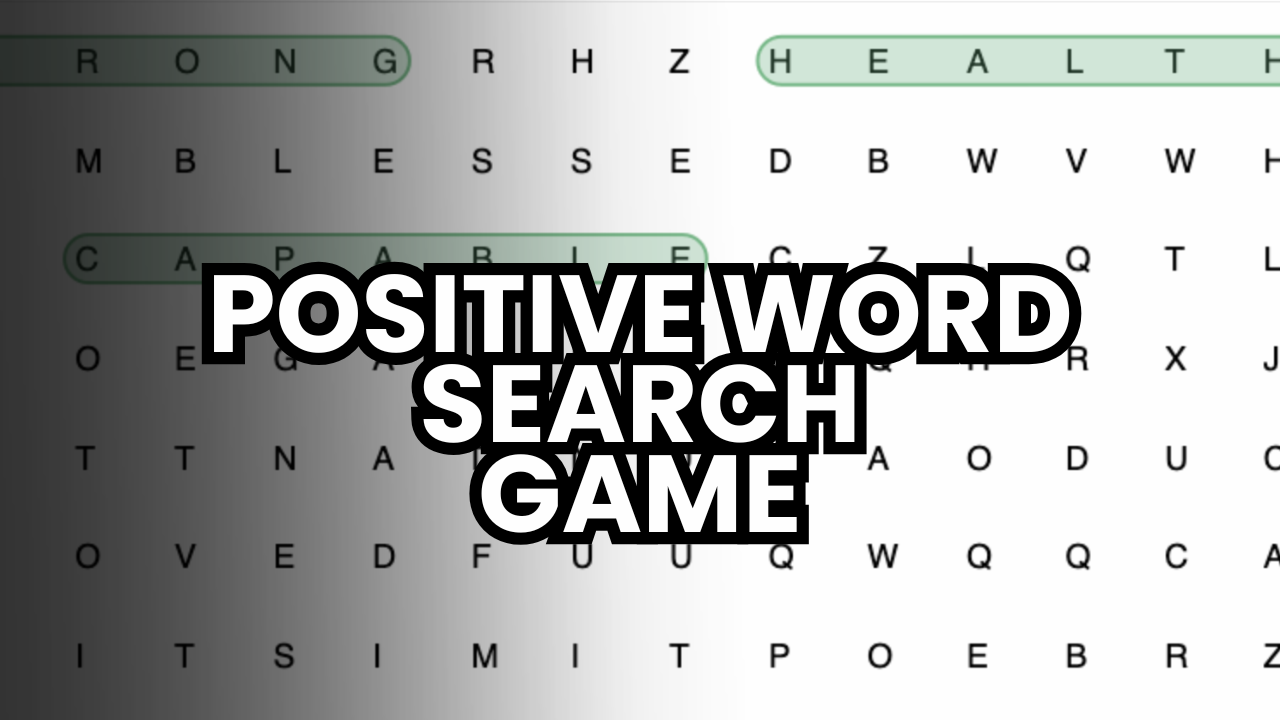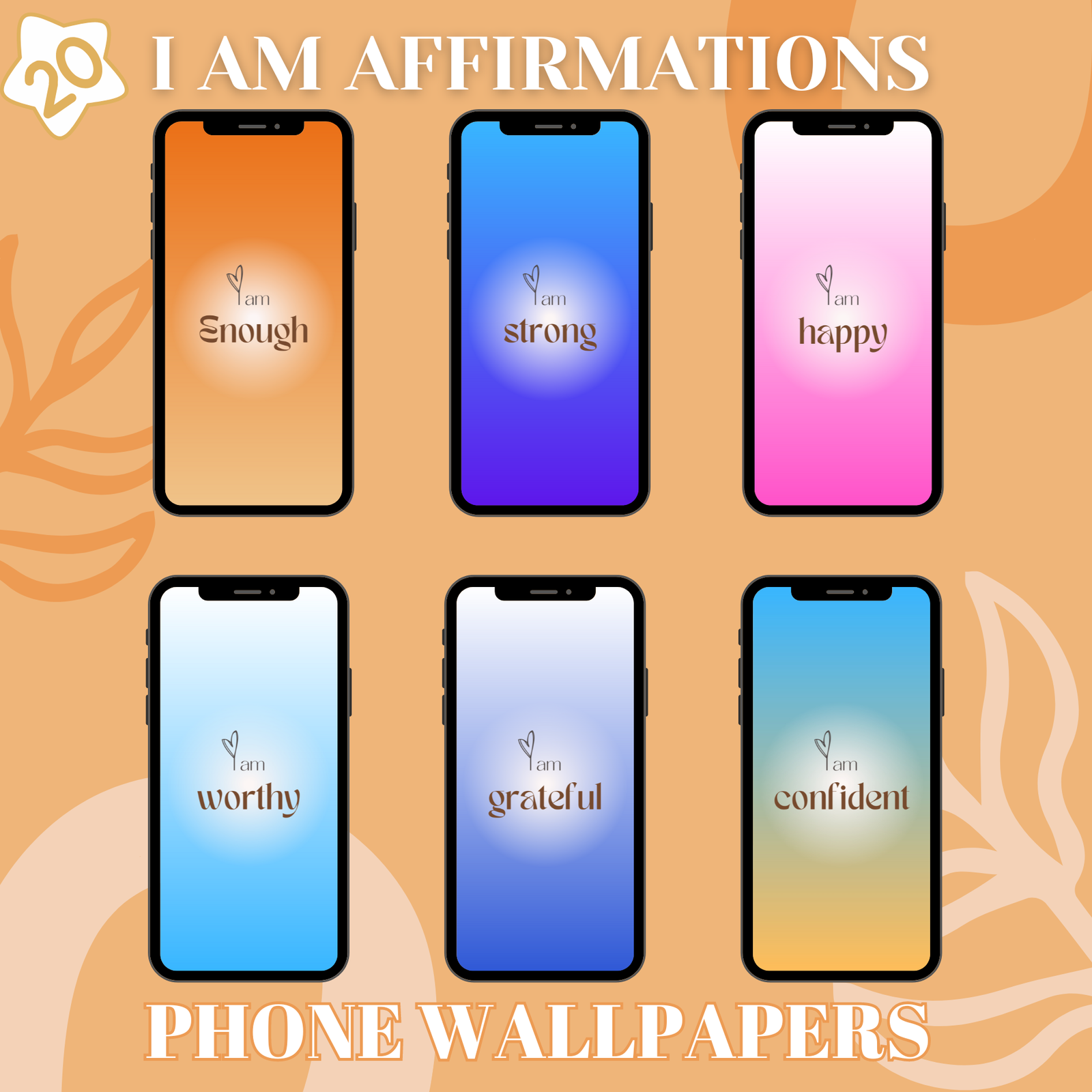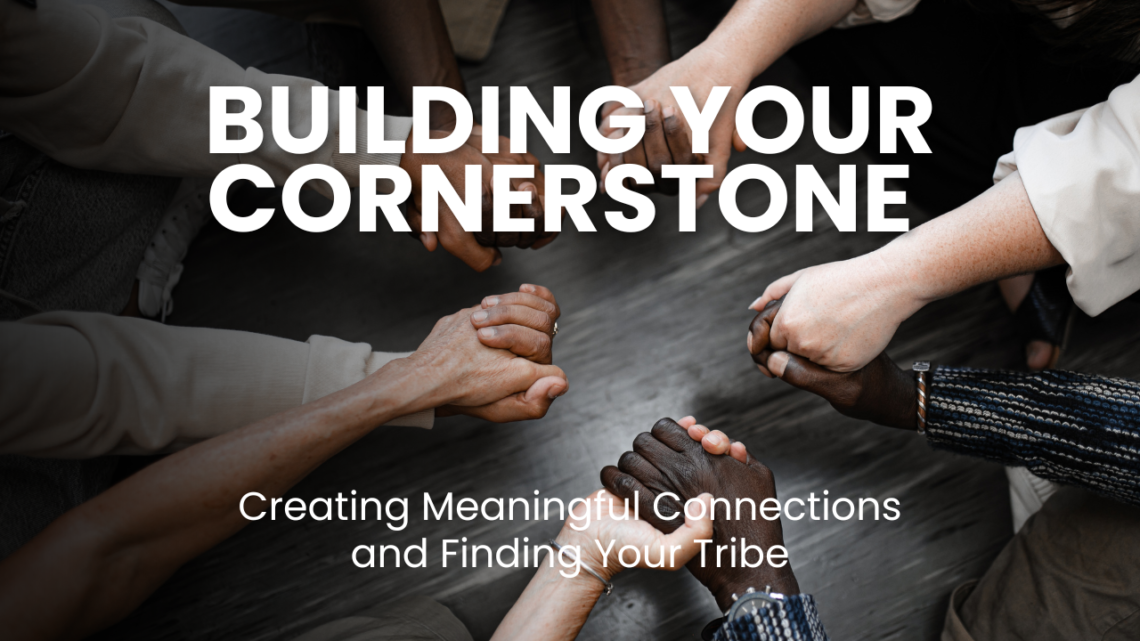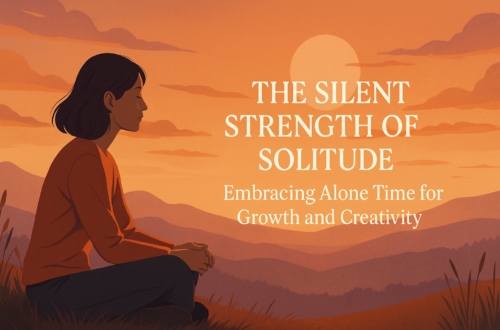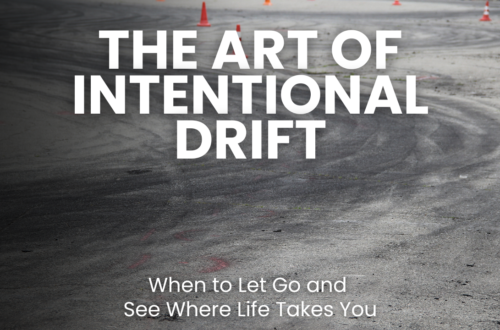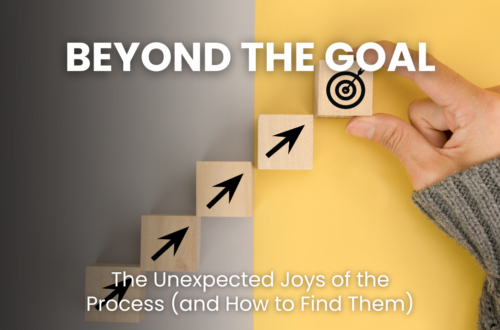In an increasingly interconnected yet often isolating world, the pursuit of meaningful connections and the tribe of a supportive community have never been more crucial. We are, at our core, social beings, hardwired for connection. Our well-being, resilience, and even our understanding of ourselves are deeply intertwined with the quality of the relationships we cultivate. Finding your “tribe” – that group of individuals who see you, support you, and uplift you – is not a luxury, but a fundamental human need.
This blog post will serve as your comprehensive guide to navigating the landscape of human connection. We will delve into the profound importance of building a supportive community, explore practical strategies for finding your tribe, and offer actionable tips for nurturing meaningful relationships that stand the test of time. Whether you’re introverted or extroverted, new to an area or looking to deepen existing bonds, the principles outlined here will empower you to build the vibrant, supportive community you deserve.
The Undeniable Power of Human Connection: Why Community Matters

Before we embark on the journey of building, let’s first understand the bedrock upon which it stands: the immense power of human connection. Research across psychology, sociology, and neuroscience consistently highlights the critical role that strong social ties play in our lives.
- Enhanced Well-being and Mental Health: A robust support system acts as a buffer against stress, anxiety, and depression. Knowing you have people to turn to during challenging times can significantly improve your ability to cope and bounce back. Shared laughter, understanding ears, and a sense of belonging all contribute to a positive mental state.
- Improved Physical Health: Believe it or not, strong social connections are linked to better physical health outcomes. Studies have shown that individuals with supportive communities have lower rates of heart disease, strengthened immune systems, and even increased longevity. Loneliness and isolation, conversely, can have detrimental effects on physical health, comparable to the risks associated with smoking.
- Increased Resilience: Life is full of ups and downs. A supportive community provides the strength and encouragement needed to navigate adversity. When you face setbacks, your tribe can offer practical help, emotional support, and different perspectives that help you find solutions and persevere.
- Personal Growth and Self-Discovery: Our interactions with others provide valuable mirrors that reflect aspects of ourselves. Through diverse relationships, we gain new perspectives, challenge our assumptions, and learn and grow. A supportive community encourages authenticity and provides a safe space for self-exploration.
- A Sense of Belonging and Purpose: Feeling connected to a group larger than ourselves instills a powerful sense of belonging. This can combat feelings of isolation and contribute to a greater sense of purpose in life. Contributing to a community, no matter how small, creates a feeling of value and significance.
In essence, building a supportive community is an investment in your overall well-being and a pathway to a more fulfilling life. It’s about creating a network of individuals who celebrate your successes, offer solace in your struggles, and walk alongside you on your journey.
Finding Your Tribe: Identifying Those Who “Get” You
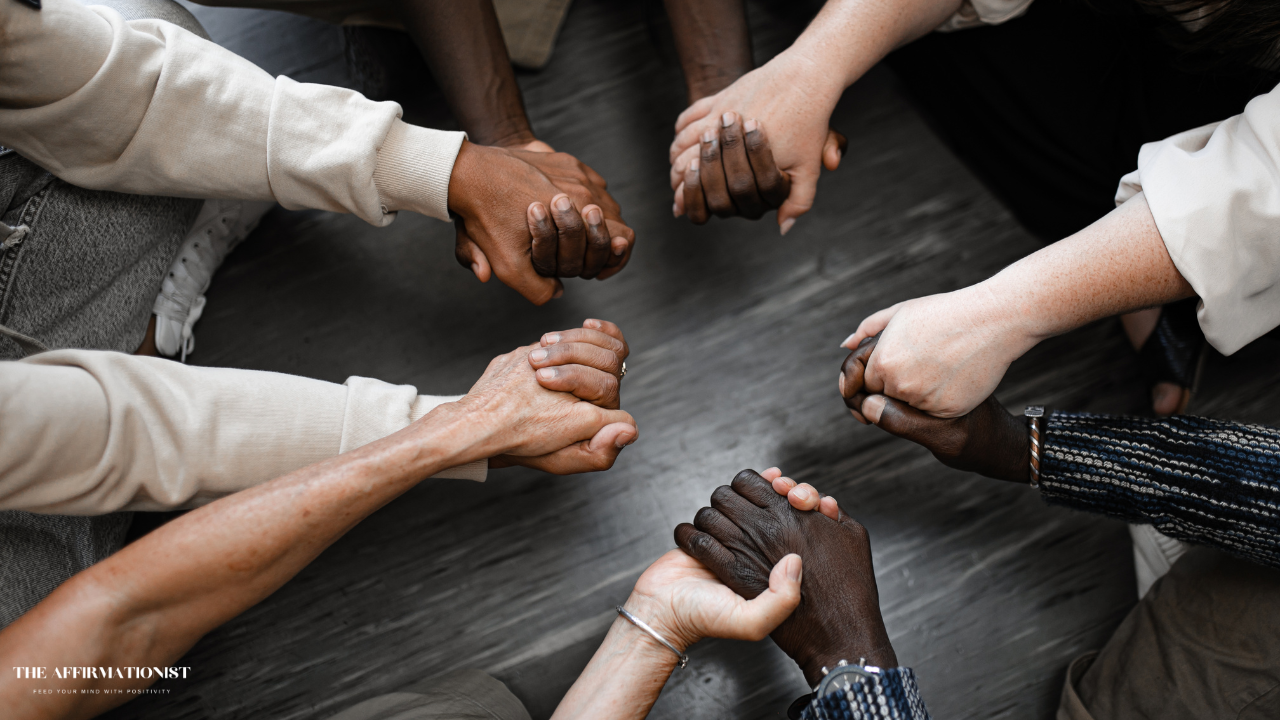
The concept of a “tribe” evokes a sense of belonging, shared values, and mutual understanding. Finding your tribe is about identifying those individuals with whom you resonate on a deeper level, those who accept you for who you are, quirks and all. So, how do you go about finding these kindred spirits?
- Self-Reflection is Key: Before you can find your tribe, you need to understand yourself. What are your passions, interests, and values? What kind of people do you enjoy being around? What are your non-negotiables in a friendship or community? Taking time for self-reflection will help you identify the types of communities and individuals you should seek out.
- Pursue Your Passions: One of the most organic ways to find your tribe is by engaging in activities you genuinely enjoy. Whether it’s a book club, a hiking group, a pottery class, a coding bootcamp, or a volunteer organization, pursuing your passions automatically connects you with people who share similar interests. The shared activity provides an immediate common ground for building connections.
- Leverage Existing Networks (and Expand Them): Your current network, no matter how small, can be a starting point. Nurture existing friendships and let people know you’re looking to connect with more like-minded individuals. Don’t be afraid to ask for introductions or recommendations. Branch out from your immediate circle – colleagues, acquaintances, and even online connections can lead to valuable in-person relationships.
- Explore Online Communities (with Caution and Intent): The digital age offers numerous platforms for connecting with people who share niche interests or experiences. Online forums, social media groups, and online communities centered around hobbies or professions can be excellent starting points. However, it’s crucial to move these connections offline to build truly meaningful relationships. Use online platforms as a bridge, not a destination.
- Attend Local Events and Gatherings: Check out local community centers, libraries, cafes, and event boards for upcoming events that align with your interests. Farmers’ markets, workshops, lectures, live music events, and local festivals are all opportunities to meet new people in a relaxed setting.
- Volunteer for a Cause You Believe In: Giving back to your community is not only a rewarding experience but also a fantastic way to connect with compassionate and like-minded individuals. Working towards a shared goal fosters a sense of camaraderie and provides ample opportunities for interaction and relationship building.
- Be Open to New Experiences: Sometimes, your tribe might be found in unexpected places. Step outside of your comfort zone and try new things. Take a spontaneous trip, attend a workshop on a topic you know little about, or strike up a conversation with someone new in your يومية routine.
- Be Approachable and Initiate Contact: While it can be daunting, making the first move is often necessary. Smile, make eye contact, and initiate conversations. Ask open-ended questions and show genuine interest in getting to know others. Don’t be discouraged by rejections; not every interaction will lead to a deep connection, and that’s okay.
- Patience is a Virtue: Finding your tribe takes time and effort. It’s a process of exploration and connection. Be patient with yourself and the process. Not every person you meet will become a close friend, and that’s perfectly normal. Focus on building genuine connections rather than accumulating a large number of superficial acquaintances.
- Trust Your Gut: Pay attention to how you feel around different people. Do you feel energized and uplifted after spending time with them? Do you feel safe and comfortable being yourself? Trust your intuition when discerning who to invest your time and energy in building relationships with.
Finding your tribe is an ongoing journey, not a destination. It requires intentionality, effort, and a willingness to put yourself out there. But the rewards – a sense of belonging, unwavering support, and shared experiences – are immeasurably valuable.
Building Meaningful Connections: From Acquaintances to Allies

Once you’ve met people you connect with, the next crucial step is to cultivate those connections and deepen them into meaningful relationships. This transformation from acquaintance to ally requires effort, vulnerability, and consistent nurturing.
- Be Genuinely Interested in Others: The foundation of any meaningful connection is genuine interest. Ask questions, actively listen to the responses, and remember details about their lives. Show that you care about their thoughts, feelings, and experiences.
- Practice Active Listening: Listening is more than just hearing words; it’s about truly understanding and engaging with what the other person is saying. Put away distractions, maintain eye contact, and offer verbal and non-verbal cues that show you are engaged. Ask clarifying questions and reflect on what you’ve heard.
- Be Vulnerable (Appropriately): Building trust requires a degree of vulnerability. Share your thoughts, feelings, and experiences honestly and authentically. This doesn’t mean oversharing or burdening others, but rather allowing yourself to be seen and creating space for genuine connection. Vulnerability fosters intimacy and encourages others to open up as well.
- Show Empathy and Compassion: Put yourself in others’ shoes and try to understand their perspectives and feelings. Offer support and kindness, especially during difficult times. Let them know you’re there for them without judgment.
- Be Reliable and Dependable: Meaningful relationships are built on trust, and reliability is a cornerstone of trust. Follow through on your commitments, be on time, and be there when you say you will be. Consistency builds confidence in the relationship.
- Offer Support (Practical and Emotional): Support comes in many forms. Sometimes it’s offering a listening ear, and other times it’s providing practical help. Be attuned to the needs of your friends and community members and offer assistance when you can. Celebrate their successes and offer encouragement during their challenges.
- Spend Quality Time Together: In our busy lives, it’s essential to prioritize spending quality time with the people who matter. This doesn’t always have to be elaborate outings; even simple activities like sharing a meal, going for a walk, or having a meaningful conversation can strengthen bonds.
- Communicate Openly and Honestly: Healthy relationships thrive on open and honest communication. Express your thoughts and feelings respectfully, and be willing to address conflicts or misunderstandings constructively. Avoid passive-aggression or letting resentments fester.
- Respect Boundaries: Everyone has boundaries, and respecting them is crucial for maintaining healthy relationships. Be mindful of others’ needs and limitations, and clearly communicate your own boundaries as well.
- Celebrate Each Other’s Successes: Be a cheerleader for your friends and community members. Celebrate their achievements, big or small. Genuine happiness for others’ successes strengthens bonds and fosters a positive and supportive environment.
- Practice Forgiveness: No relationship is perfect, and there will inevitably be misunderstandings or conflicts. The ability to forgive, both yourself and others, is essential for moving forward and maintaining healthy connections.
- Be Present: When you are with someone, be fully present. Put away your phone and give them your undivided attention. Being present shows that you value their time and the connection you share.
- Show Appreciation: Don’t take the people in your community for granted. Express your gratitude for their presence in your life and for their support. Simple acts of appreciation can go a long way in strengthening bonds.
Building meaningful connections is an ongoing process that requires continuous effort and investment. It’s about nurturing the relationships that enrich your life and contributing to the well-being of those around you.
Overcoming Challenges in Community Building

Building and maintaining a supportive community is not without its challenges. Life happens, circumstances change, and navigating the complexities of human interaction can be difficult at times.
- Dealing with Conflict: Disagreements are a normal part of any relationship. The key is to address conflict constructively and respectfully. Focus on the issue, not on personal attacks. Listen to understand, express your feelings clearly, and work towards a mutually agreeable solution.
- Navigating Changing Dynamics: As individuals grow and evolve, so too do relationships and communities. Be prepared for dynamics to shift and be adaptable. Some relationships may naturally drift apart, while new ones emerge.
- Managing Expectations: It’s important to have realistic expectations of your community. No single person or group can meet all of your needs. Diverse relationships fulfill different aspects of your life.
- Coping with Disappointment: There may be times when people in your community let you down. It’s important to acknowledge your feelings, communicate them respectfully if necessary, and decide how to move forward. Forgiveness and understanding are key, but it’s also important to protect yourself from repeated hurt.
- Making Time for Connection: In our fast-paced world, finding time for meaningful connection can be a significant challenge. Prioritize your relationships and consciously schedule time for connecting with your tribe.
- Dealing with Introversion or Social Anxiety: For some, the idea of putting themselves out there and building connections can be daunting due to introversion or social anxiety. Start small, set realistic goals, and celebrate small victories. Consider seeking professional support if social anxiety is significantly impacting your ability to connect with others.
- Geographic Distance: Life transitions can sometimes lead to physical distance from your community. Leverage technology to stay connected, and make an effort to schedule in-person visits when possible. Explore building local connections in your new location while maintaining existing long-distance friendships.
- The Fear of Rejection: The fear of being rejected can hold us back from putting ourselves out there. It’s important to remember that rejection is a part of life and doesn’t define your worth. Not everyone will connect with you, and that’s okay. Focus on finding the people who do.
Overcoming these challenges requires resilience, open communication, and a commitment to nurturing your relationships. Building a supportive community is an ongoing process of growth and adaptation.
Maintaining and Nurturing Your Tribe

Building a supportive community is an achievement, but maintaining it requires ongoing effort. Relationships, like gardens, need to be tended to flourish.
- Regular Check-ins: Don’t wait for a crisis to reach out to your community. Regular check-ins, whether a quick text, a phone call, or a coffee date, show that you care and keep the connection alive.
- Be Present During Difficult Times: Show up for your friends and community members when they are going through challenging times. Your presence and support can make a world of difference.
- Celebrate Milestones (Big and Small): Acknowledge and celebrate the important moments in your friends’ lives – birthdays, anniversaries, achievements, and milestones. These shared celebrations strengthen bonds and create positive memories.
- Create Shared Experiences: Plan activities and outings that you can enjoy together. These shared experiences create inside jokes, lasting memories, and a sense of shared history that strengthens the fabric of your community.
- Practice Gratitude: Regularly express your gratitude for the people in your community and the positive impact they have on your life.
- Offer and Accept Help: Be willing to offer help when your community members need it, and also be willing to accept help when you need it yourself. Reciprocity is a key element of strong relationships.
- Respect Individual Needs and Space: Understand that everyone has different needs and requires different levels of social interaction. Respect when someone needs space or alone time.
- Keep the Lines of Communication Open: Maintain open and honest communication, even when it’s difficult. Address issues as they arise to prevent them from escalating.
- Continue to Grow Together (or Support Individual Growth): Encourage personal growth within your community. Support each other’s endeavors and celebrate individual achievements, even if they take members in different directions.
- Establish Traditions: Create shared traditions, whether it’s a weekly dinner, an annual trip, or a regular game night. Traditions create shared rituals and strengthen the sense of belonging.
Maintaining a supportive community is a dynamic process that requires ongoing effort, communication, and a genuine commitment to the well-being of the group and its individual members.
The Role of Vulnerability in Deepening Connections
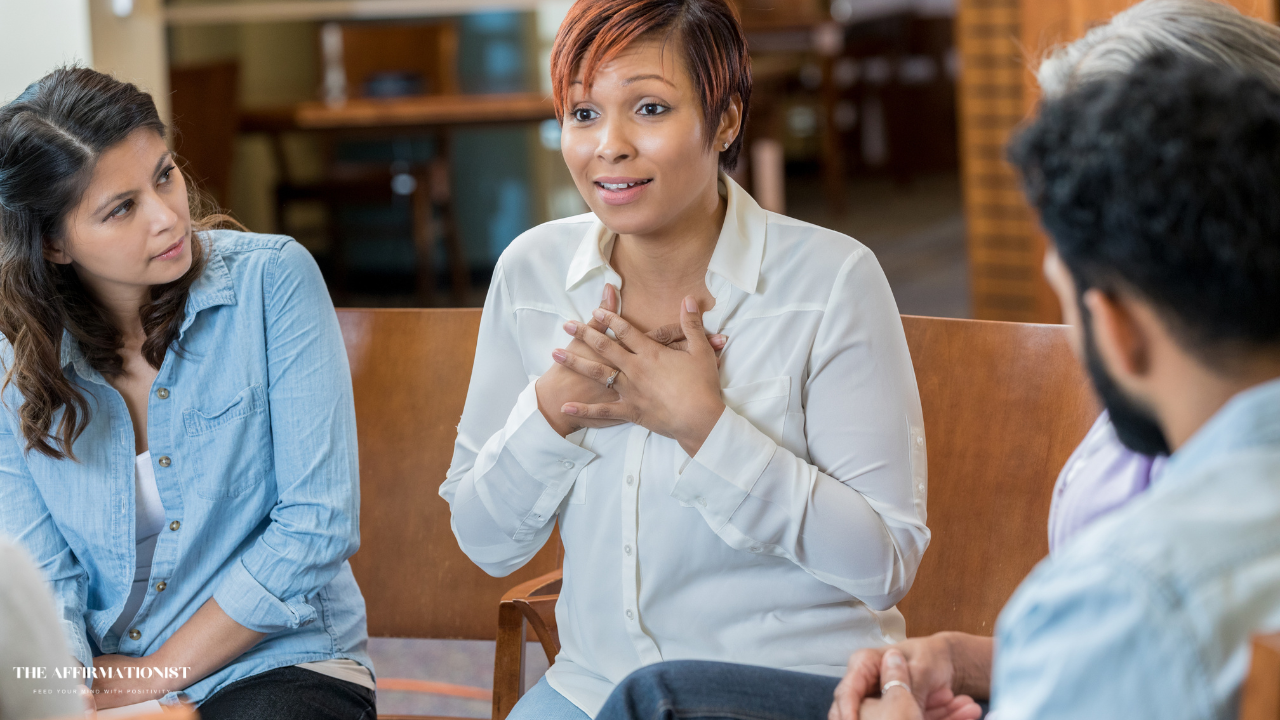
Vulnerability is often perceived as a weakness, but in the context of building meaningful connections, it is a profound strength. Allowing yourself to be vulnerable – sharing your fears, insecurities, and struggles – creates an opening for others to connect with you on a deeper level. It signals trust and encourages reciprocity.
When you share your authentic self, you give others permission to do the same. This shared vulnerability fosters empathy, understanding, and a sense of not being alone in your experiences. Of course, vulnerability should be shared appropriately and with people you trust. It’s a gradual process that deepens as relationships evolve.
The Importance of Boundaries

While vulnerability is crucial, so too are healthy boundaries. Boundaries are essential for protecting your emotional and physical well-being and ensuring that your relationships are balanced and respectful.
- Know Your Limits: Understand how much time and emotional energy you can realistically commit to your relationships.
- Communicate Your Needs: Clearly and respectfully communicate your boundaries to others.
- Be Assertive: It’s okay to say no or to set limits when necessary.
- Respect Others’ Boundaries: Just as you have boundaries, so do others. Be mindful of and respect their limits.
Healthy boundaries prevent resentment and ensure that your relationships are sustainable and mutually beneficial.
Finding Your Tribe in a Digital Age

While the digital world can sometimes contribute to feelings of isolation, it also offers powerful tools for finding and connecting with your tribe.
- Utilize Social Media with Intention: Use social media platforms to connect with people who share your interests, join relevant groups, and discover local events. However, be mindful of the potential for superficial connections and prioritize moving online interactions to offline meetings.
- Explore Online Communities and Forums: There are online communities for almost every interest imaginable. These can be great places to find people with shared passions and build initial connections.
- Attend Virtual Events and Workshops: The rise of virtual events has made it easier to connect with people globally who share your interests.
- Video Calls and Messaging: Technology allows us to stay connected with friends and family regardless of geographic distance. Regular video calls and messaging can help maintain long-distance relationships.
While digital tools are valuable, remember that they are best used in conjunction with in-person interactions to build the deepest and most meaningful connections.
The Ripple Effect: Building a Supportive Community Benefits Everyone
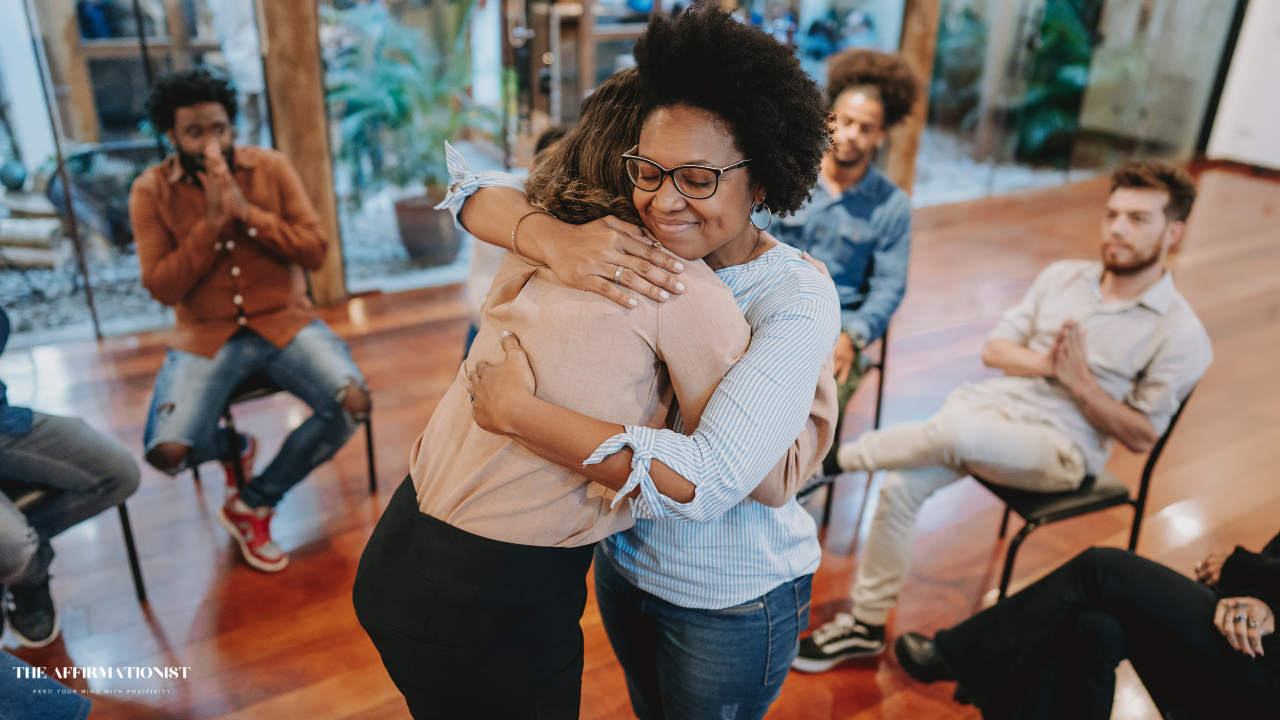
Building a supportive community is not just about your individual well-being; it has a ripple effect that benefits everyone involved. When you are part of a strong community, you are not only receiving support but also providing it to others. This creates a virtuous cycle of reciprocal care and strengthens the collective resilience of the group.
A supportive community can become a powerful force for positive change, whether it’s advocating for a cause, supporting local initiatives, or simply being a source of strength and inspiration for its members.
Conclusion: Your Journey to Connection
Building a supportive community and finding your tribe is a deeply personal and incredibly rewarding journey. It requires introspection, courage, and consistent effort. There will be challenges along the way, but the benefits – enhanced well-being, increased resilience, personal growth, and a profound sense of belonging – are immeasurable.
Start today by reflecting on your own needs and desires for connection. Take small steps to engage with others, pursue your passions, and be open to new experiences. Be genuine, be vulnerable, and be a good listener. Nurture the connections you make with care and intention.
Remember, you are not alone in this endeavor. The desire for connection is a universal human experience. By taking active steps to build your supportive community and find your tribe, you are investing in a richer, more fulfilling, and more resilient life. The cornerstone of your well-being is waiting to be built, one meaningful connection at a time.
Enhance Your Journey with These Empowering Tools
As you embrace change and navigate life’s transitions with the help of affirmations, it’s important to equip yourself with tools that support your growth and well-being. From affirmation card decks to self-care essentials, the right products can help reinforce your positive mindset and create a nurturing environment for personal transformation.
Below are some carefully selected items that can complement your affirmation practice, making it easier to stay focused, resilient, and mindful throughout your journey :
- 30.48 cm 15-Note Steel Tongue Drum D Key Percussion Instrument Cornices Shape Handpan Drum With Drum Mallets Carry Bag And Music Book, Used For Music Education Concert Spiritual Healing Yoga Entertainment 👉 item link
- Messages of Life Inspiration Cards – 44-Card Deck with Guidebook for Positive Affirmations & Spiritual Growth, Durable Paper Material, Ideal for Ages 14 & Up – Motivational Oracle Card Game 👉 item link
- Deck of Emotions Playing Cards – 54 Card Set for Mental Health, Family Bonding, Party Fun – Christmas, Halloween, Easter, Hanukkah, Thanksgiving – Ideal Gift for Birthday, Aesthetic Home Decor – Paper Material, No Electricity Needed 👉 item link
- 1pc Self-Care English Cover Star Moon Multicolored Optional Record 5 Minutes A Day, For Learning Supplies, Notebook, Library, More Affirmations Reflections, Optimistic, Happy, Simple Undated Hardcover 👉 item link
- 3pcs Wooden Framed Canvas Poster, Modern Art, Inspirational Canvas Painting, Ideal Gift For Bedroom Living Room Corridor, Wall Art, Wall Decor, Winter Decor, Room Decoration 👉 item link
